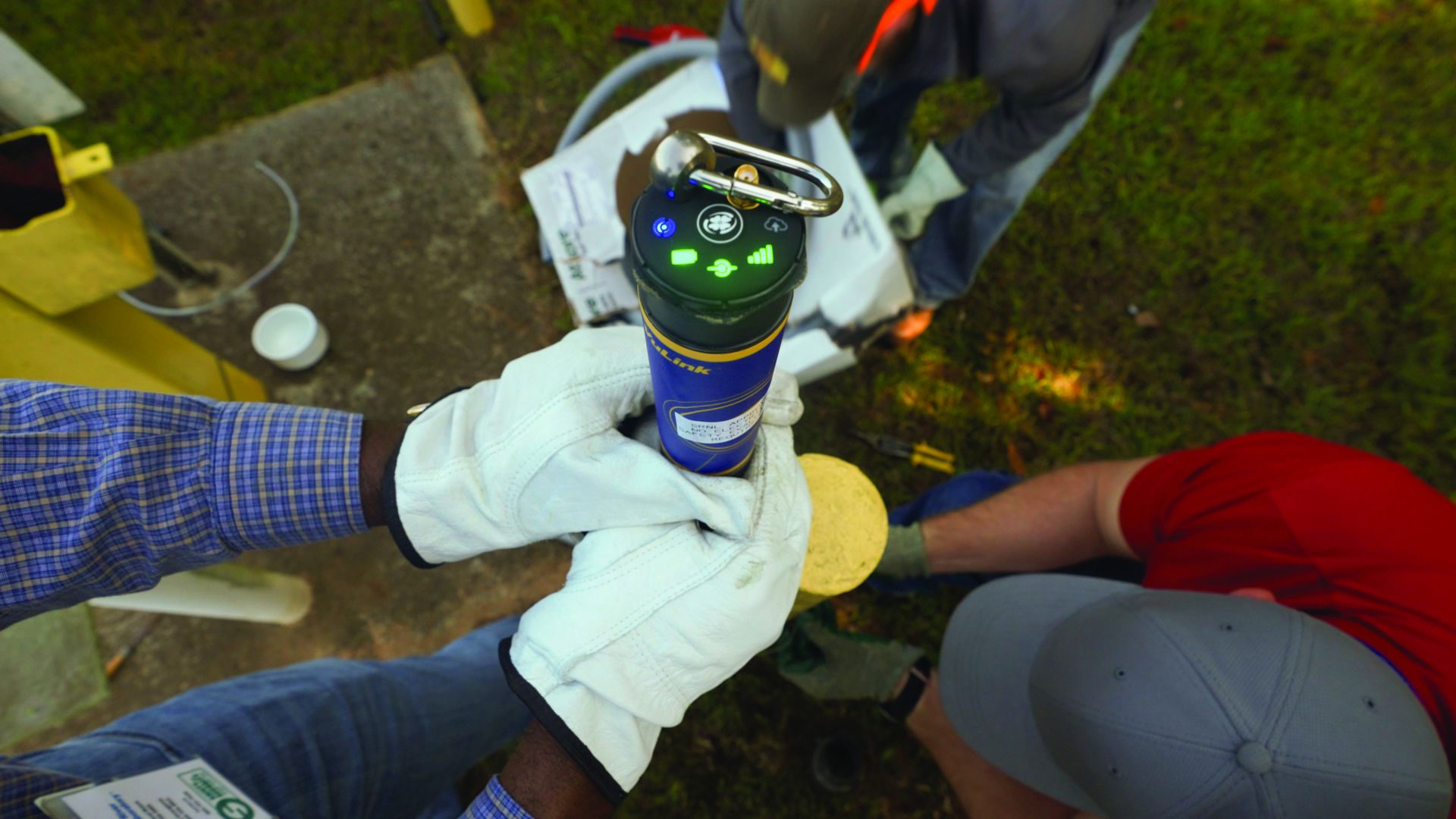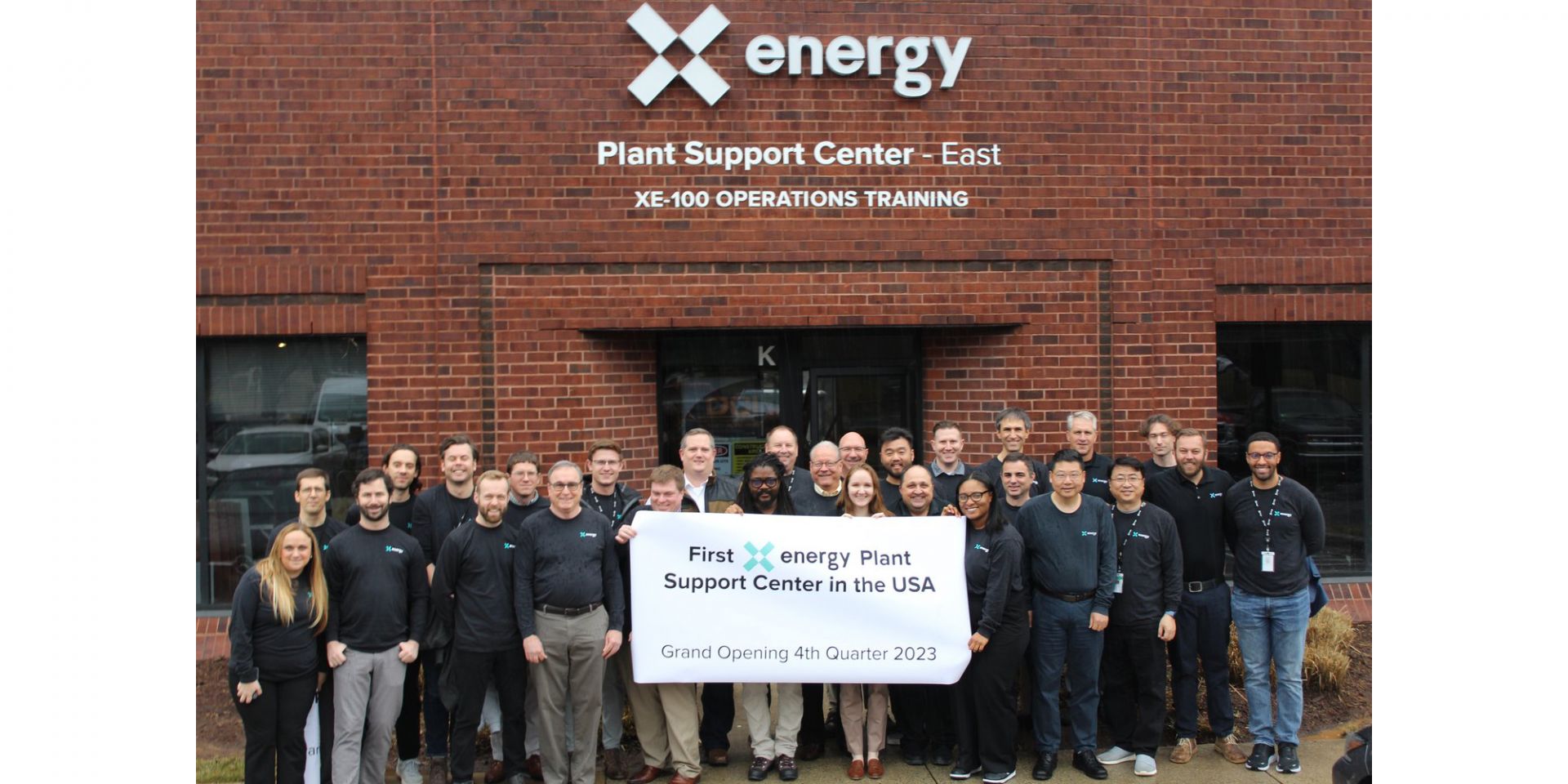Mike Goff (center left), the DOE’s acting assistant secretary for nuclear energy, poses with this year’s ISOP Innovation Award winners. From left, Jim Tusar, Constellation; Pete Mrvos, Blue Waves; Jonathan Nistor, Blue Wave; Aaron Phillippe, Southern Nuclear; and Jeremy Barnhart, Constellation. (Photo: Blue Wave)
The International Atomic Energy Agency presented its 2025 Global ISOP Innovation Award for AI to Blue Wave AI Labs, Constellation, and the Southern Company subsidiary Southern Nuclear for the companies’ collaborative work on Blue Wave's ThermalLimits.ai. The technology is an AI application that provides accuracy in online thermal limit forecasting for boiling water reactors.
The compact, transportable Holos-Quad microreactor, developed by HolosGen, is shown housed within a standard 40-foot ISO container. (Image: HolosGen)
The University of Michigan’s Department of Nuclear Engineering and Radiological Sciences (NERS) has published a summary of a study on nuclear microreactors and machine learning (ML) that was conducted by researchers from NERS and Idaho National Laboratory. The full paper, “Nuclear Microreactor Transient and Load-Following Control with Deep Reinforcement Learning,” was featured in the July issue of Energy Conversion and Management: X.
The ALCF AI Testbed includes the AI systems represented in this collage: Cerebras, Graphcore, Groq, and SambaNova. (Image: Argonne National Laboratory)
Generative artificial intelligence paired with advanced diagnostic tools could detect potential problems in nuclear power plants and deliver a straightforward explanation to operators in real time. That’s the premise of research out of the Department of Energy’s Argonne National Laboratory, and just one example of the DOE’s increasing exploration of AI applications in nuclear science and technology research. Training and restraining novel AI systems take expertise and data, and the DOE has access to both. According to a flurry of reports and announcements in recent months, the DOE is setting out its plans to ensure the United States can use AI to its advantage to enhance energy security and national security.
A close-up of the ALTEMIS monitoring device.
(Photo: Brad Bohr/SRNL)
Researchers at Savannah River National Laboratory (SRNL), in concert with Lawrence Berkeley National Laboratory, Massachusetts Institute of Technology, Pacific Northwest National Laboratory, and Florida International University, are leading the Advanced Long-Term Environmental Monitoring Systems (ALTEMIS) project to move groundwater cleanup from a reactive process to a proactive process, while also reducing the cost of long-term monitoring and accelerating site closure.
Members of the Consortium for Nuclear Forensics. (Image: University of Florida)
A 16-university team of 31 scientists and engineers, under the title Consortium for Nuclear Forensics and led by the University of Florida, has been selected by the Department of Energy’s National Nuclear Security Administration (NNSA) to develop the next generation of new technologies and insights in nuclear forensics.
Researchers are looking for the ideal characteristics of molten salt, which can serve as both coolant and fuel in advanced nuclear reactors. (Photo: Argonne National Laboratory)
Scientists are searching for new materials to advance the next generation of nuclear power plants. In a recent study, researchers at the Department of Energy’s Argonne National Laboratory showed how artificial intelligence could help pinpoint the right types of molten salts, a key component for advanced nuclear reactors.
Aerial view of the High Flux Isotope Reactor. (Photo: ORNL)
The nonproliferation-related monitoring of nuclear reactor operations received a boost from a new study focusing on the use of seismic and acoustic data for such purposes, ScienceDaily reported last week. The study, conducted by investigators at Oak Ridge National Laboratory, was published March 9 in the journal Seismological Research Letters.


-3 2x1.jpg)
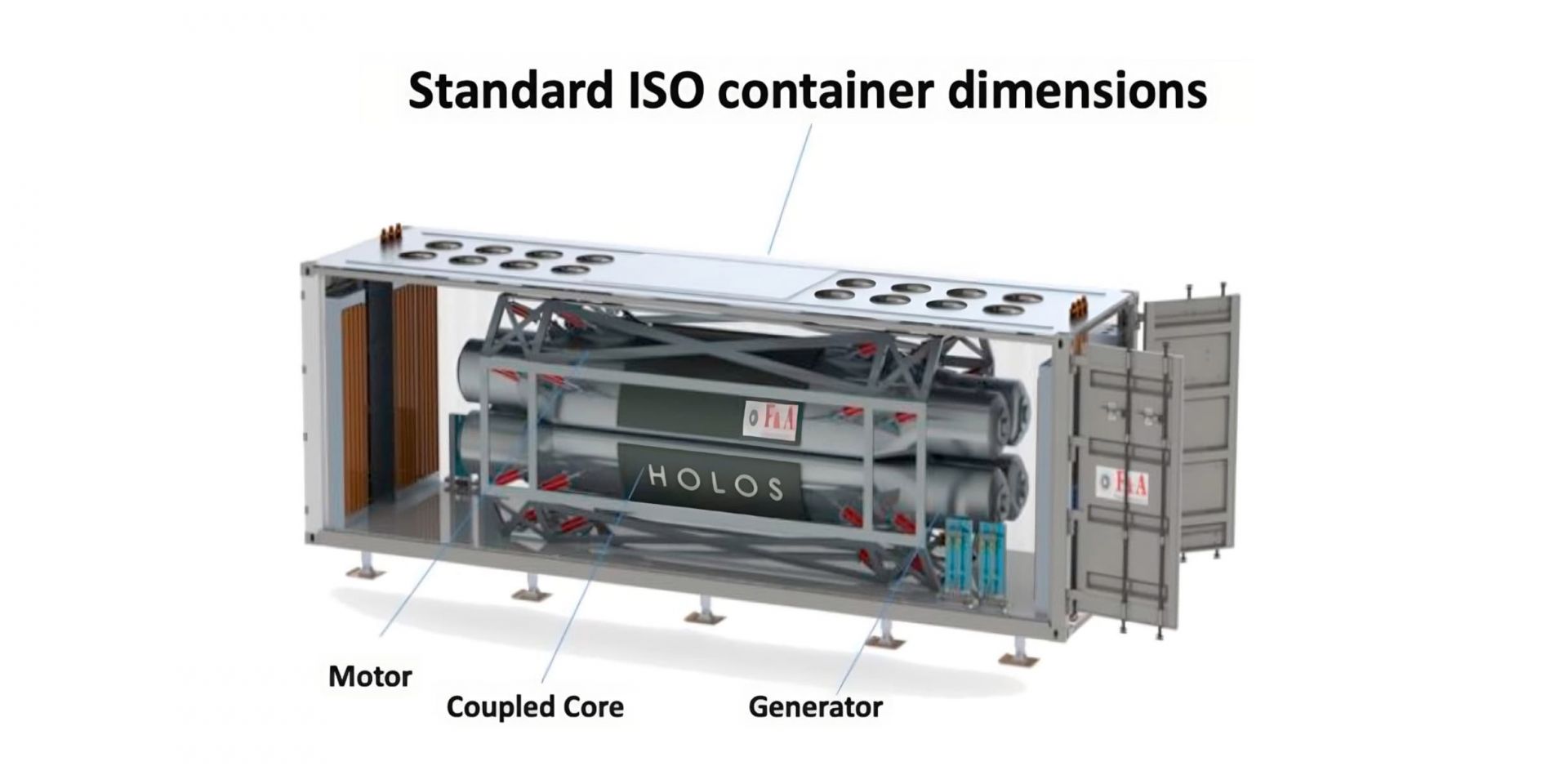
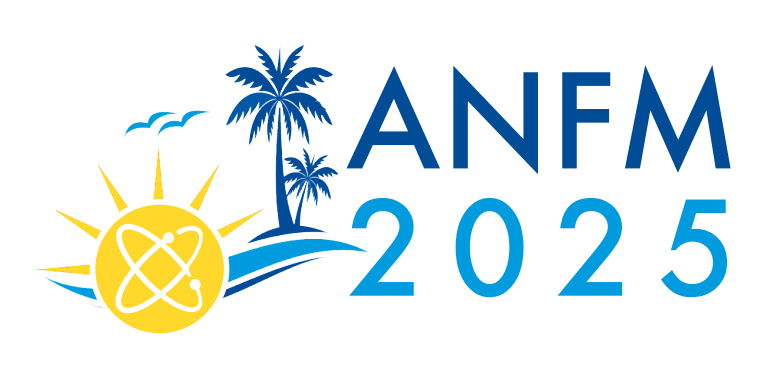

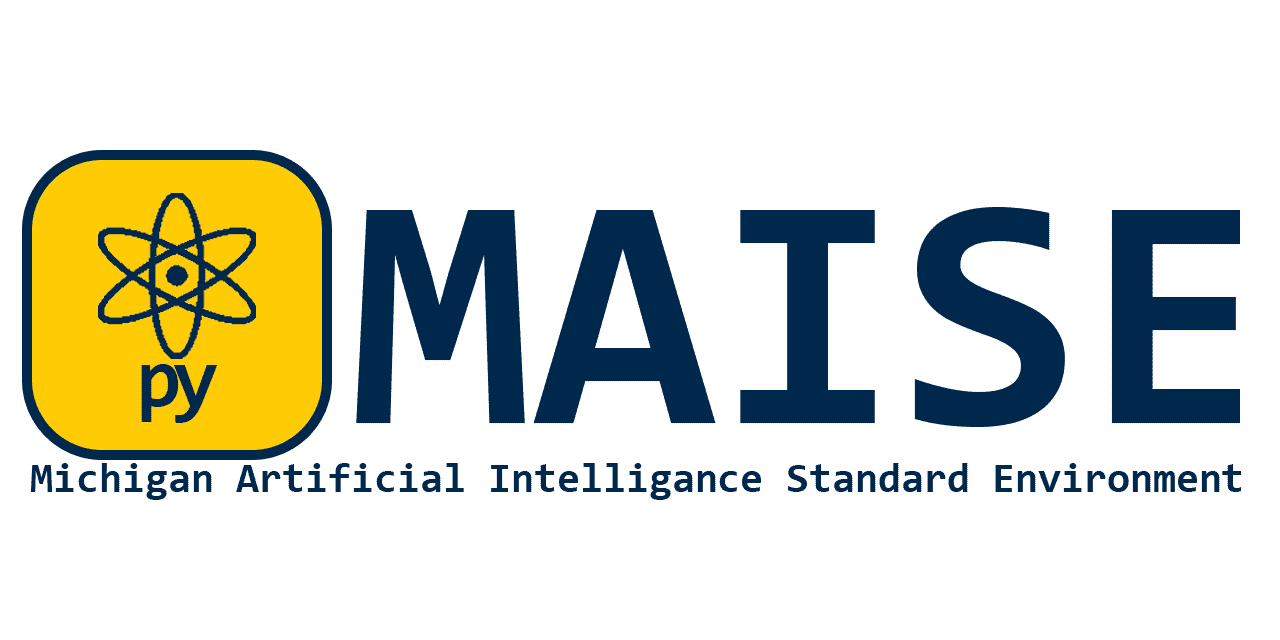
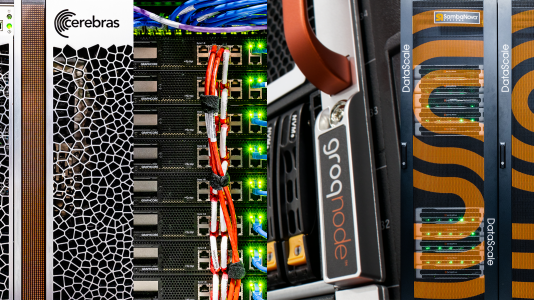.png)
